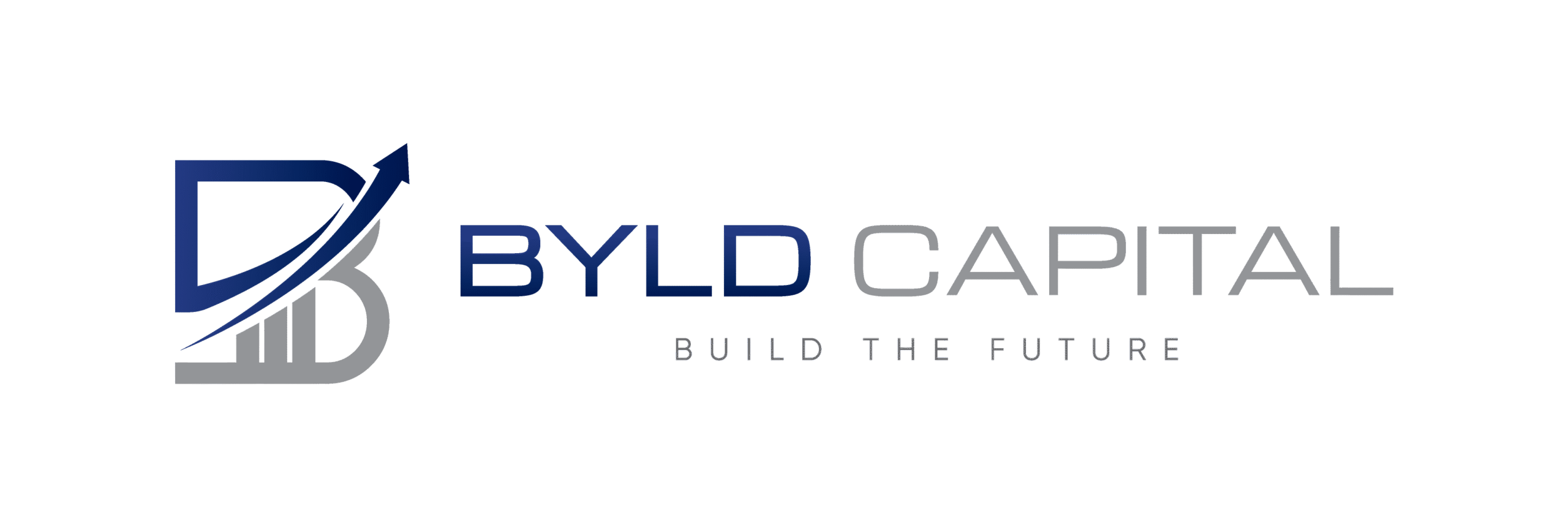We are Byld Capital
Our mission
We believe in small and medium-sized businesses and the people who make them grow. We leverage cutting-edge data science, technology, partner relations, and customer support to provide business owners with accelerated access to right-sized capital solutions.
Dedicated to small businesses
Rather than focusing strictly on traditional financial metrics, we measure your business’s overall health and potential. Then, we work with you to better understand your short-term needs and long-term goals and match you with the best available financing options. That’s the Byld advantage.





We serve businesses in over 1,000 industries across the U.S., and we have thousands of success stories. When you work with Byld, you’re working with people dedicated to helping you grow your business.
Our financing options are nimble and flexible enough to meet your short-term needs and facilitate your long-term goals.
Our Values

We are output driven
We challenge ourselves and others. Trying and failing is still a success.

We love spirited debate
Everyone has a voice, and should use it. There is no such thing as rank when discussing what is right for the business.

We embrace challenges
We don’t let the unknown stop us. We figure it out.

We care
We care about producing high quality work, and we care about how that impacts our customers.
We are curious
We’re students of the future, energized by the unknown. We question assumptions, chase better answers, and explore what others overlook and we turn that wonder into real-world impact
